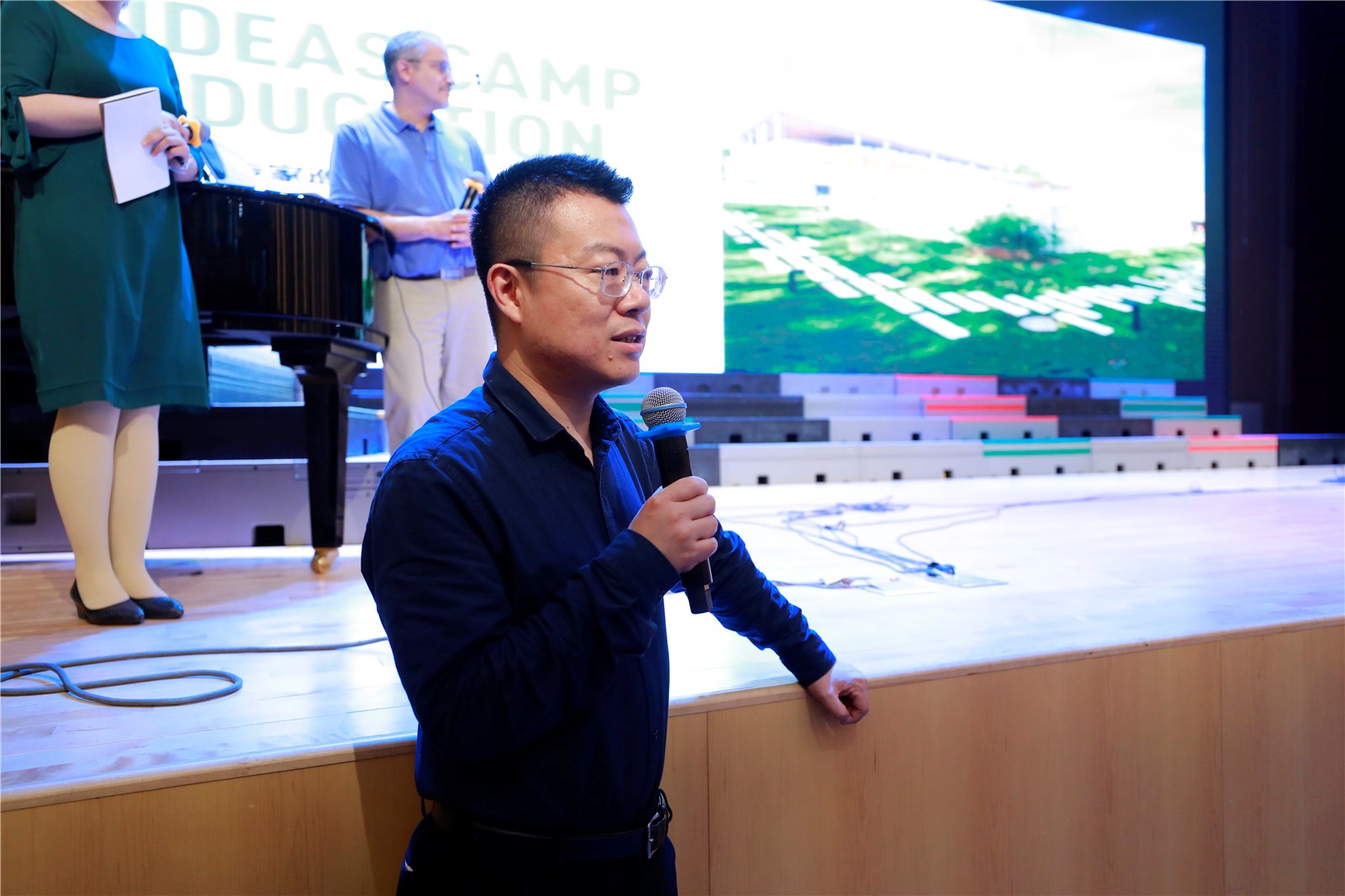
A child’s initial understanding and experience of the world comes from its parents. Parents need to constantly explore better educational methods to suit changing times and a growing child.
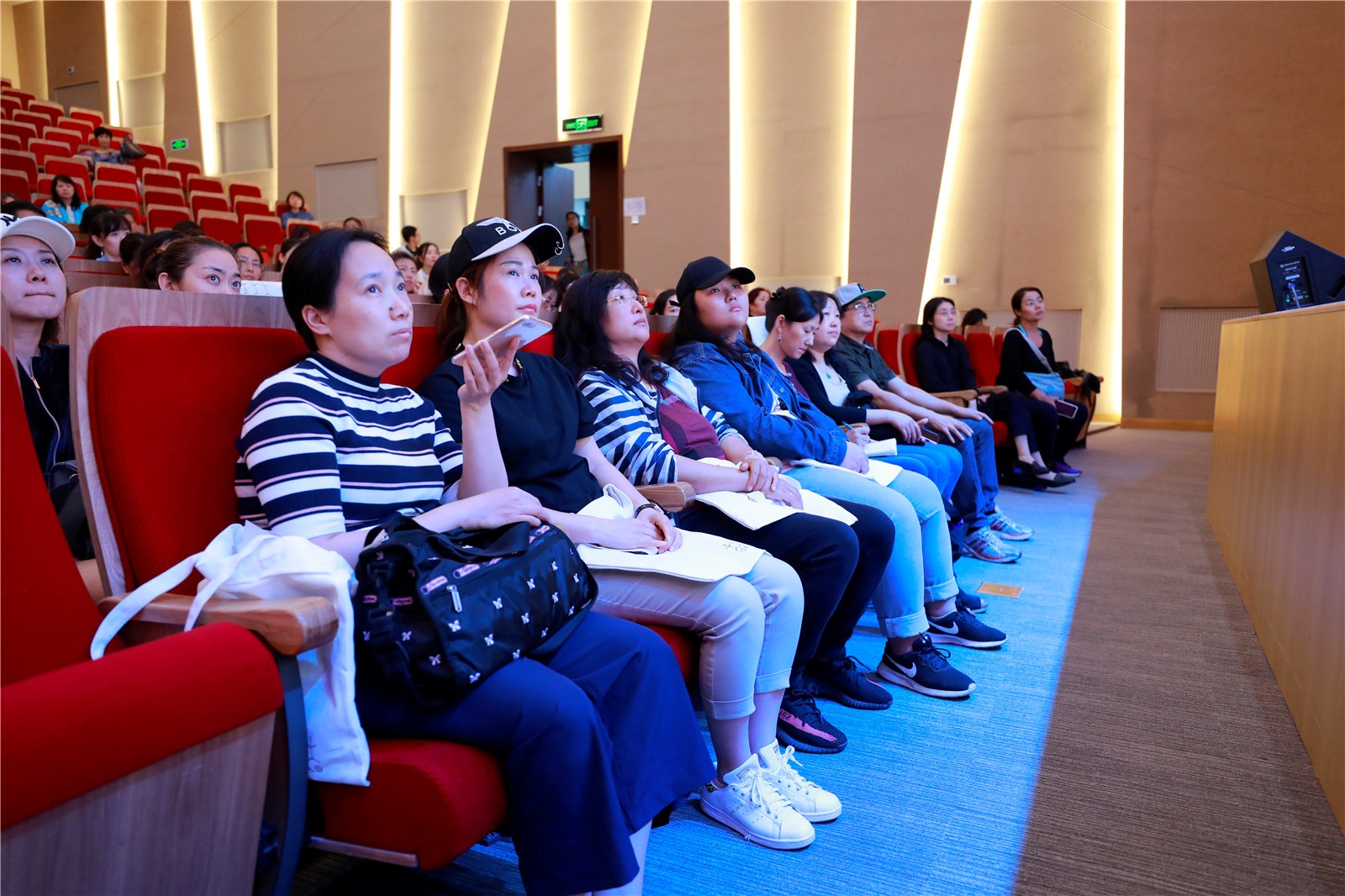
On May 17th, Mr. Jeffrey Leiken, a special lecturer at Stanford University and a guest lecturer at the San Francisco Graduate School of Education, visited Beijing Kaiwen Academy (KWA) and gave a psychological education lecture—Parent-child Communication During Adolescence—to over 200 parents present.
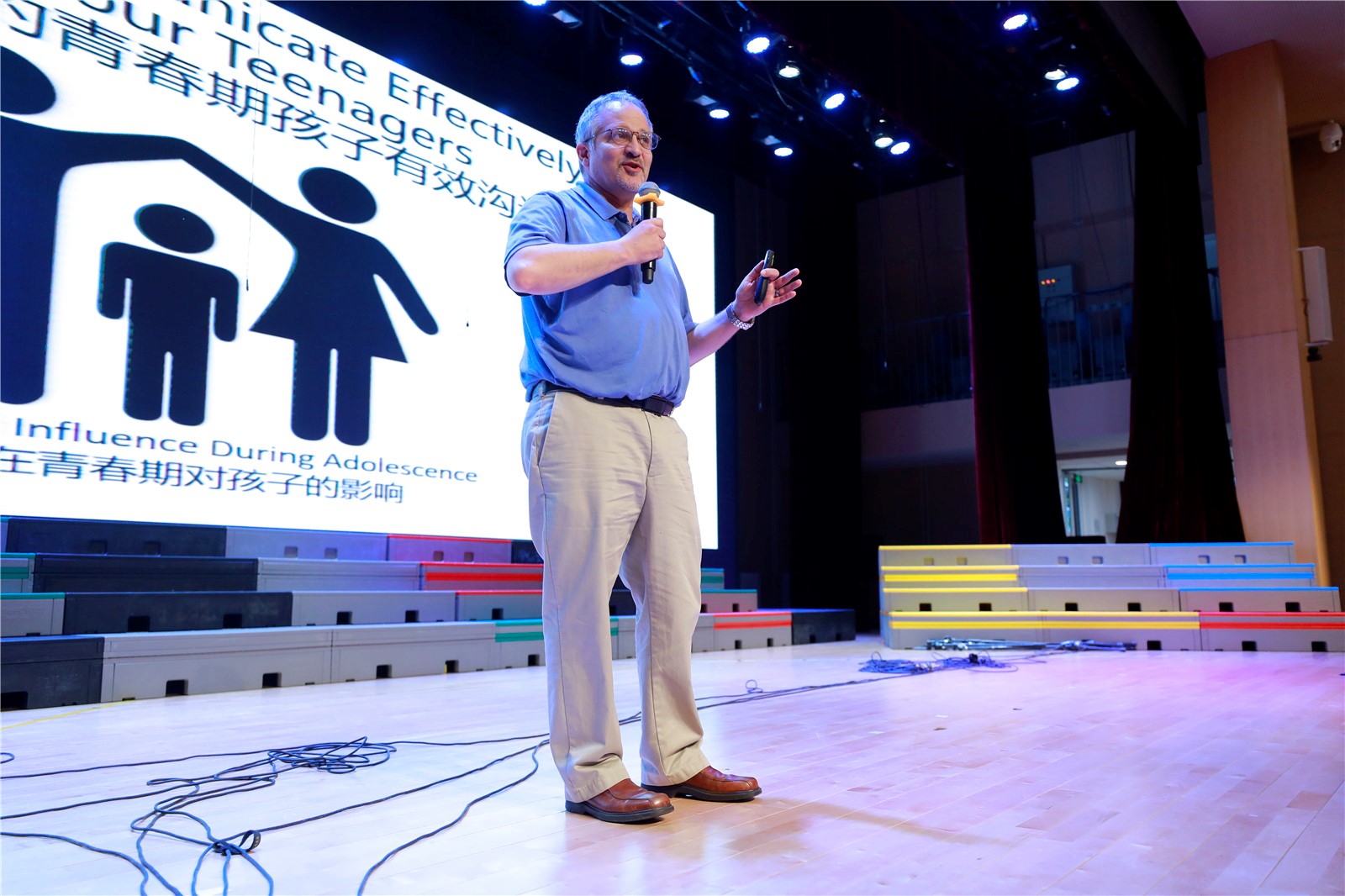
Mr. Leiken believes that although different children have different personalities and growth experiences, they all undergo physical growth and emotional changes during adolescence. Parents, as the first voice in their child’s life, should be aware of their child’s changes in this period and help them in a timely manner.
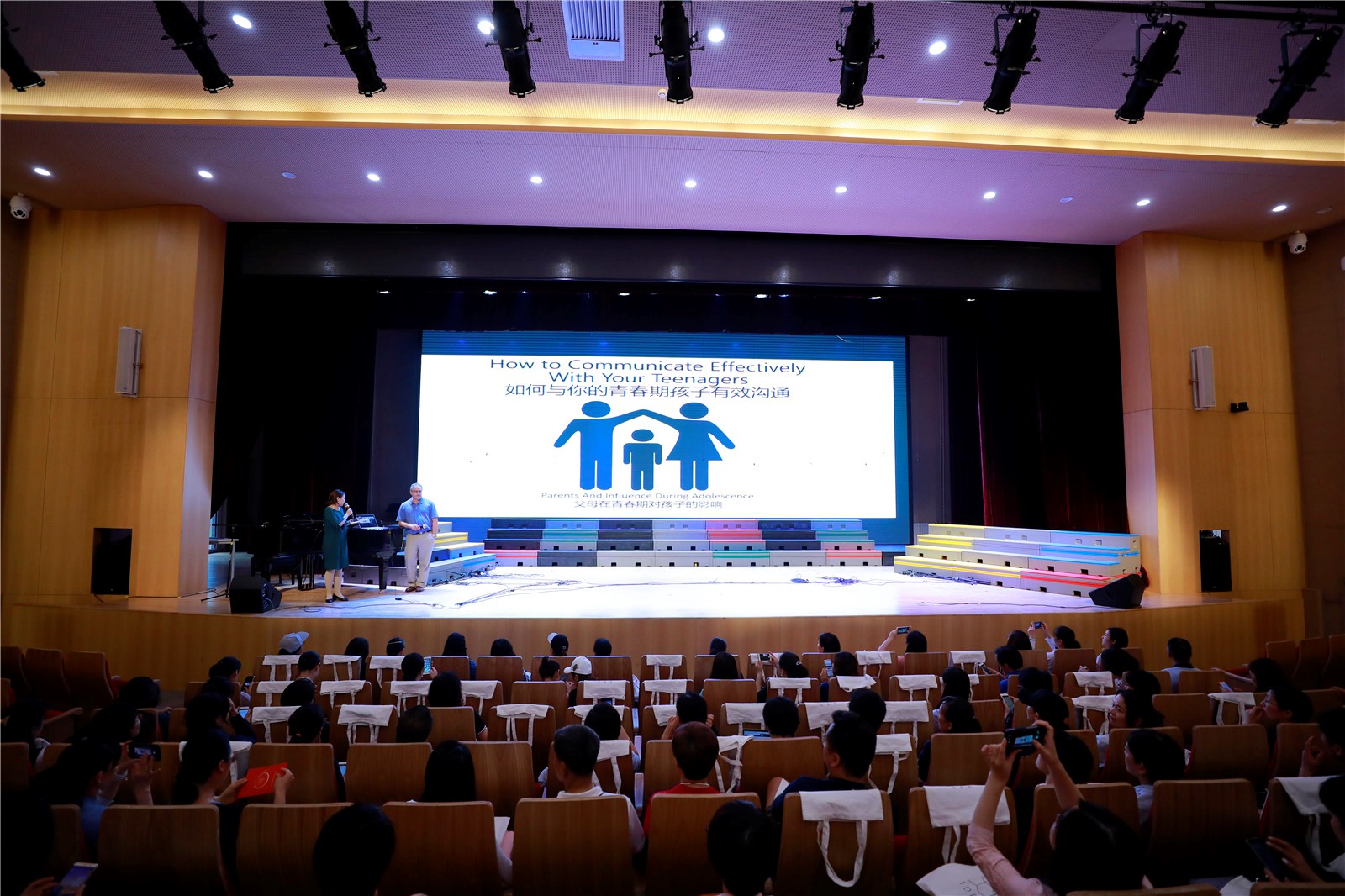
Mr. Leiken explained to parents that children’s self-awareness and desire to be more autonomous increases during adolescence. As they become more exposed to their peers’ voices, they naturally will be influenced by interpersonal relationships with their peers. They begin to have an interest in the opposite sex and will think repeatedly about whether they are good enough, charming enough, and attractive enough. They will reject their parents’ advice and even argue with them. He stressed, “The above situation is quite normal. Children at this stage have not yet formed a mature outlook on the world. The fast physical growth and changes tend to make them feel anxious and helpless.”

Since “teaching people how to fish is better than giving them fish”, Mr. Leiken taught parents at the scene how to help their children through the challenges of adolescence and answered their questions. Mr. Leiken thinks that, first of all, parents need to accept the existence of adolescent problems, and let their children understand, through dialogue, that physical changes and emotional confusions are normal during adolescence, and that it only takes time for everything to be OK again. Second, advice from a professional (a third voice), a psychology teacher or mentor, for example, may be more effective because parents and their child have strong emotional ties and are prone to argue. Finally, it is necessary to give children freedom and appropriate space. It is also necessary to let them understand that, while enjoying the freedom to do as they want, they must also learn to bear the resultant responsibility and consequences.

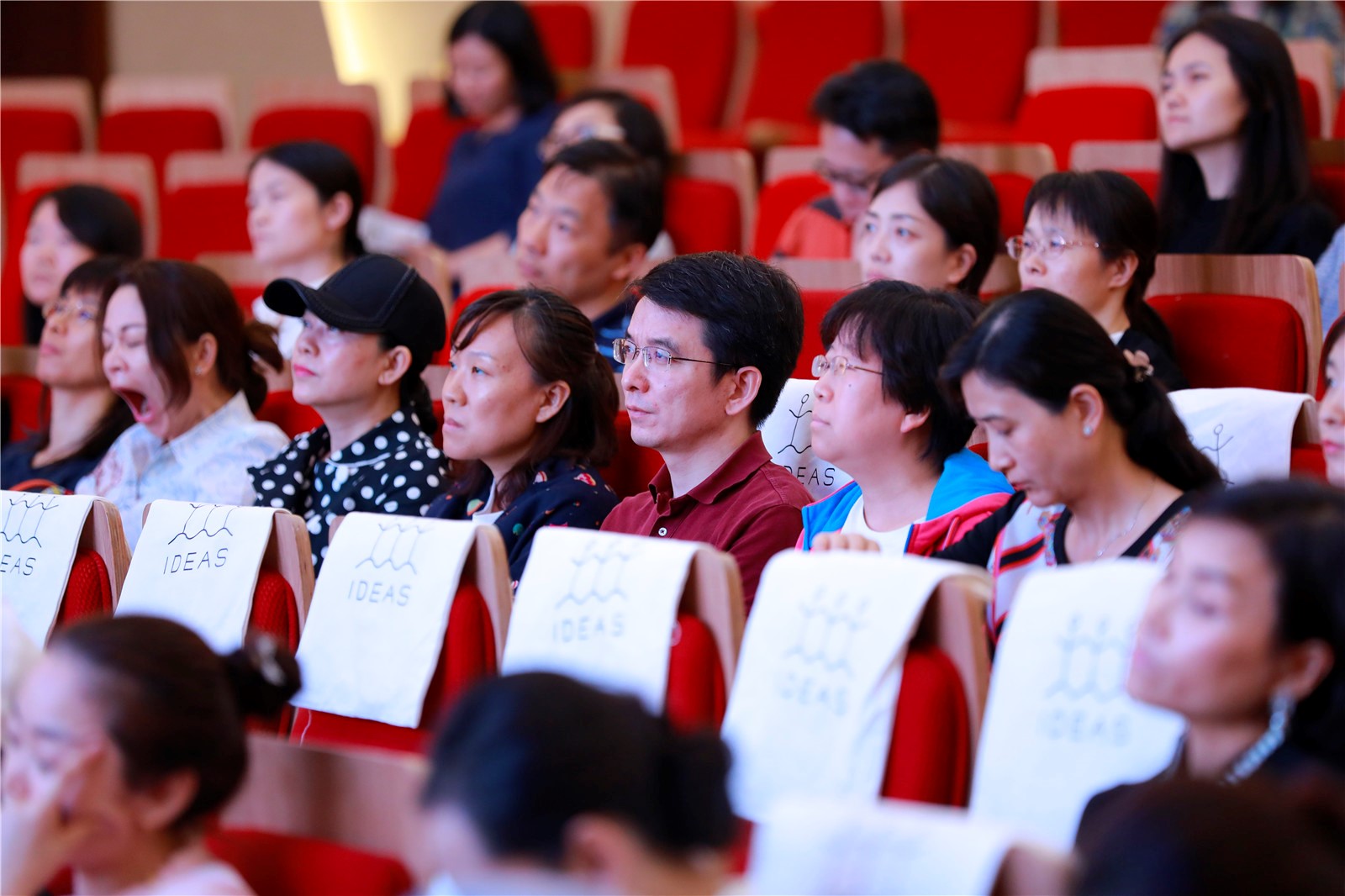
“Parents cannot predict what their children will experience and what the world will become in the future. So instead of arranging so-called ‘right’ growth paths for them, it is better to improve their abilities to cope with challenges in life,” concluded Mr. Leiken.
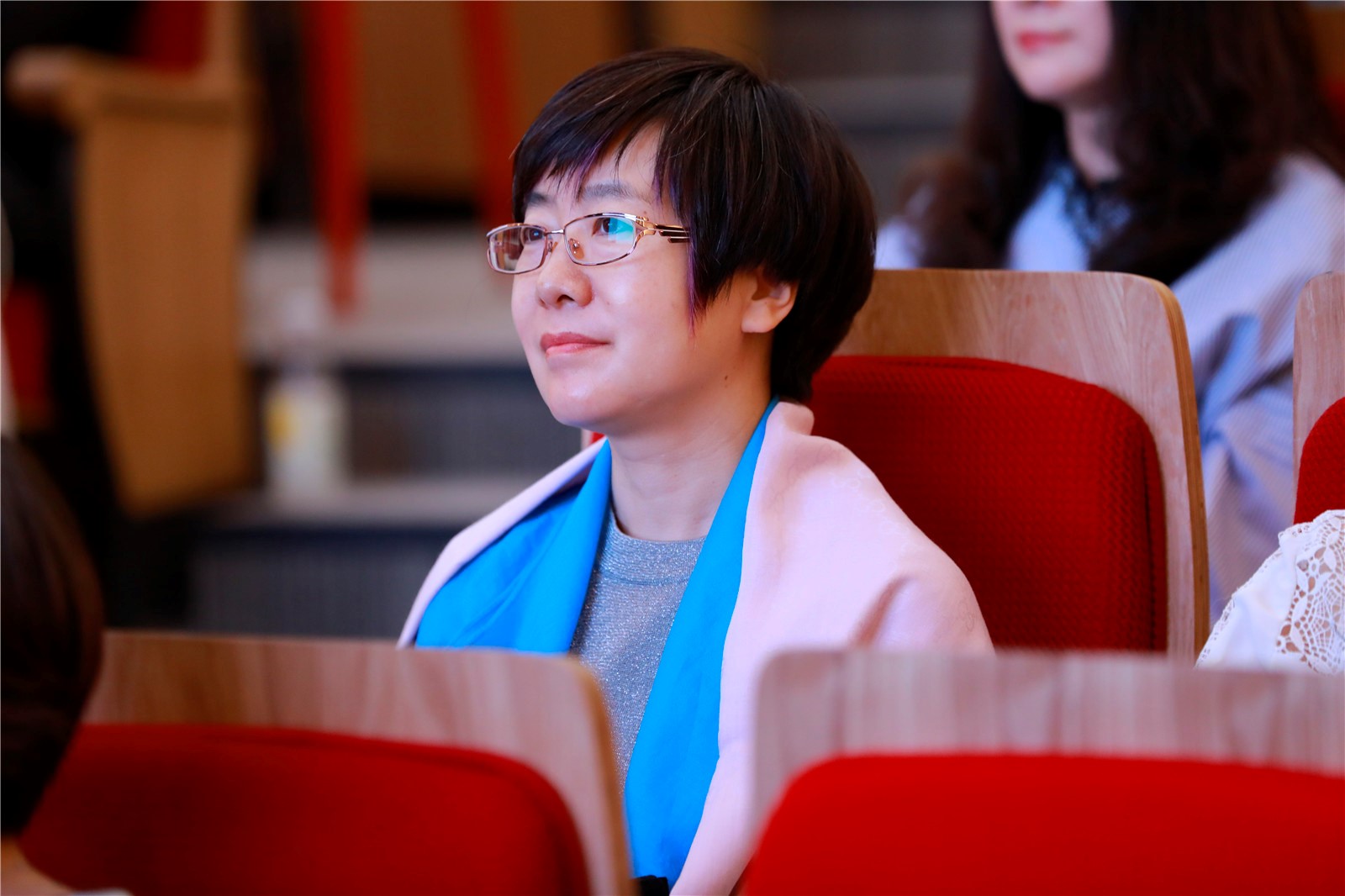
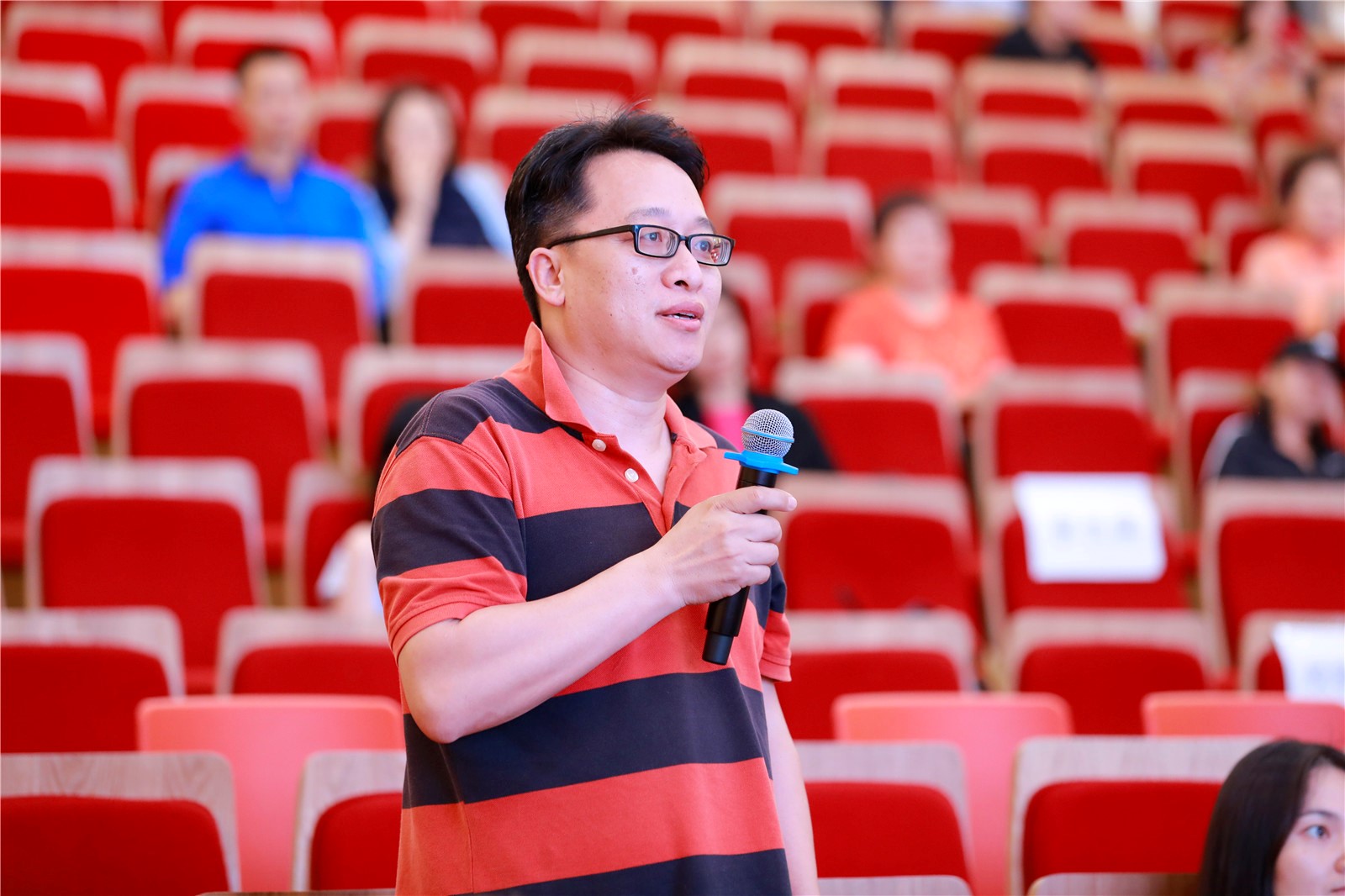
KWA attaches great importance to its students’ physical and mental health growth. The school offers Social Emotion Learning (SEL) course to its students in all grades. Teacher Lily, who is responsible for the SEL course, emphasized, “Expert lectures are an important part of the SEL curriculum design. Teenagers may experience severe mood swings during adolescence because of their rapid physical changes. If we are patient with them, care about them, and give them guidance, we will be able to effectively alleviate their psychological stress.”
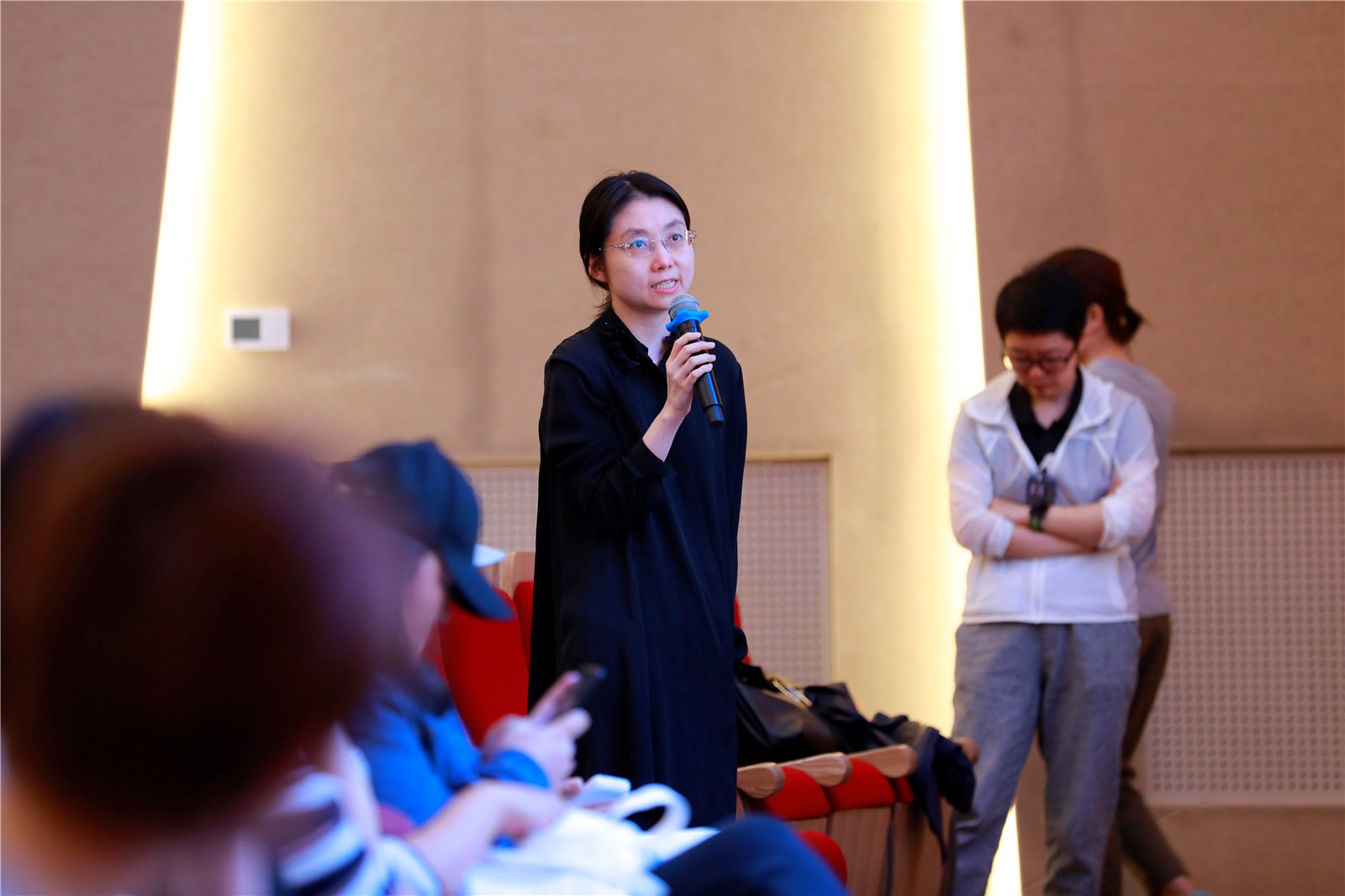
At the meeting, KWA Academic Principal Wang Shi said, “The purpose of this psychological lecture was to provide parents with the opportunity to learn about proper child-educating methods. Adolescence is a vital part of life. KWA, while providing psychological health courses such as SEL for students, also offers psychological education lectures, expansion training, and individual counseling. We hope that parents can participate more in the psychological education of their child so that together we can better help KWA students grow.
